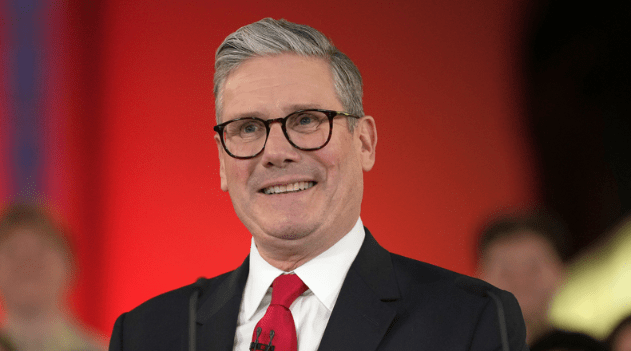The disability benefit cuts proposed by the Labour government could result in 340,000 additional people falling into poverty by the end of the decade, a leading charity has warned.
The Trussell Trust, a prominent food bank charity, said that the planned welfare reforms — particularly changes to the Personal Independence Payment (PIP) and Universal Credit (UC) — risk driving hundreds of thousands into severe hardship.
“Because we have looked at how many people are going to be pulled, not just into overall poverty but into the severest form of hardship,” said Helen Barnard, Trussell’s director of policy.
Last month, over 150 Labour MPs expressed concern over the government’s controversial measures. Among the most disputed changes are:
- Tightening eligibility for PIP, the principal benefit for disabled people in England.
- Cutting the sickness element of UC.
- Delaying access to the UC health element until age 22.
The government insists these reforms aim to reduce the number of people on sickness benefits and reinvest savings into youth employment and training. The goal: save £5bn annually by 2030.
However, insiders report unrest within Labour ranks. Some parliamentary private secretaries and even ministers are rumoured to be considering resignations unless the proposals are scaled back.
While the government’s own impact assessment predicts 250,000 people, including 50,000 children, could fall into relative poverty, the Trussell Trust warns the true figure could be far higher.
Working with WPI Economics, the charity estimates that 440,000 people in disabled households could be at risk of food bank dependency by 2029/30 if the reforms proceed unchecked. After accounting for a projected UC rise in 2029, the number still affected sits around 340,000.
The Trust defines severe hardship as living 25% or more below the poverty line — a level often associated with food insecurity.
“The lower your income, the worse your hardship, the more damage it does,” Barnard added.
“Slashing support will damage people’s health and reduce their ability to engage in training and work.”
The Joseph Rowntree Foundation also supports Trussell’s findings, calling for the government to reconsider the cuts to disability benefits.
“This analysis shows they are likely to create more deep poverty and hardship than even the bleak forecast from the Government’s own limited assessments.”
In response, Trussell is urging ministers to accelerate the planned rise in basic UC, bringing it forward from April 2029 to April 2026.
More than 100 MPs, many first elected in 2024, signed a letter to the chief whip last month, signalling their opposition to the reforms. A second letter from 40 MPs reportedly reached Sir Keir Starmer days earlier, demanding the changes be dropped or significantly revised.
Despite mounting pressure, the government maintains its stance: “We will never compromise on protecting people who need our support, and our reforms will mean the social security system will always be there for those who will never be able to work,” a government spokesperson stated.
They added that the objective remains to reduce poverty and reliance on food banks.
With warnings from respected charities and dissent brewing within Labour’s own ranks, the debate over disability benefit cuts is far from settled. The full human cost may not be visible yet, but according to Trussell, it’s set to be more devastating than previously thought.






